Volkswagen 4Motion All-Wheel Drive Explained
The automaker's crossovers and SUVs offer this all-wheel-drive system.
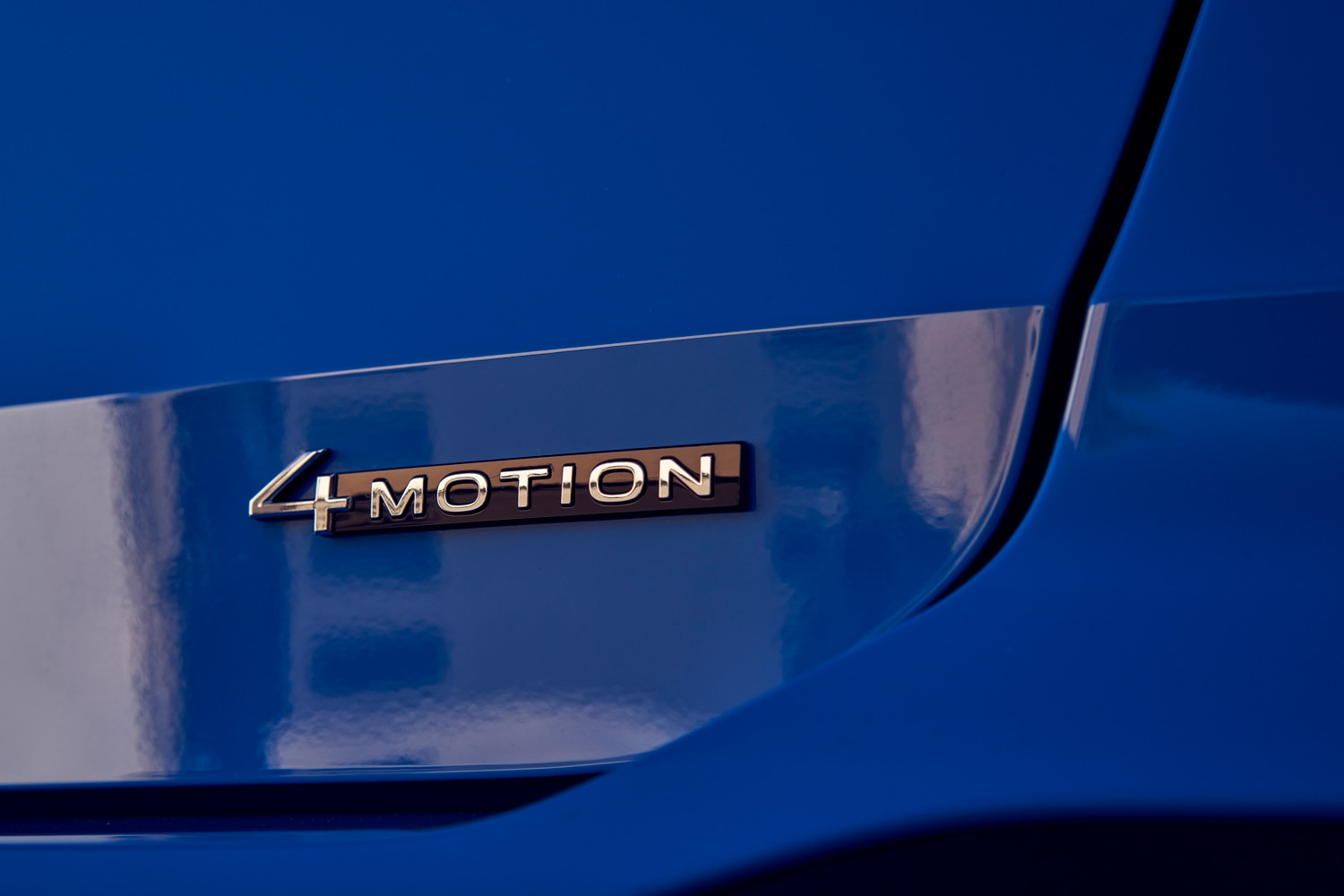 Volkswagen
Volkswagen
Available on most members of the Volkswagen range, 4Motion is an all-wheel-drive system developed to improve traction and handling. The term commonly appears in the German carmaker's marketing materials, but the type of technology that it refers to can vary from model to model.
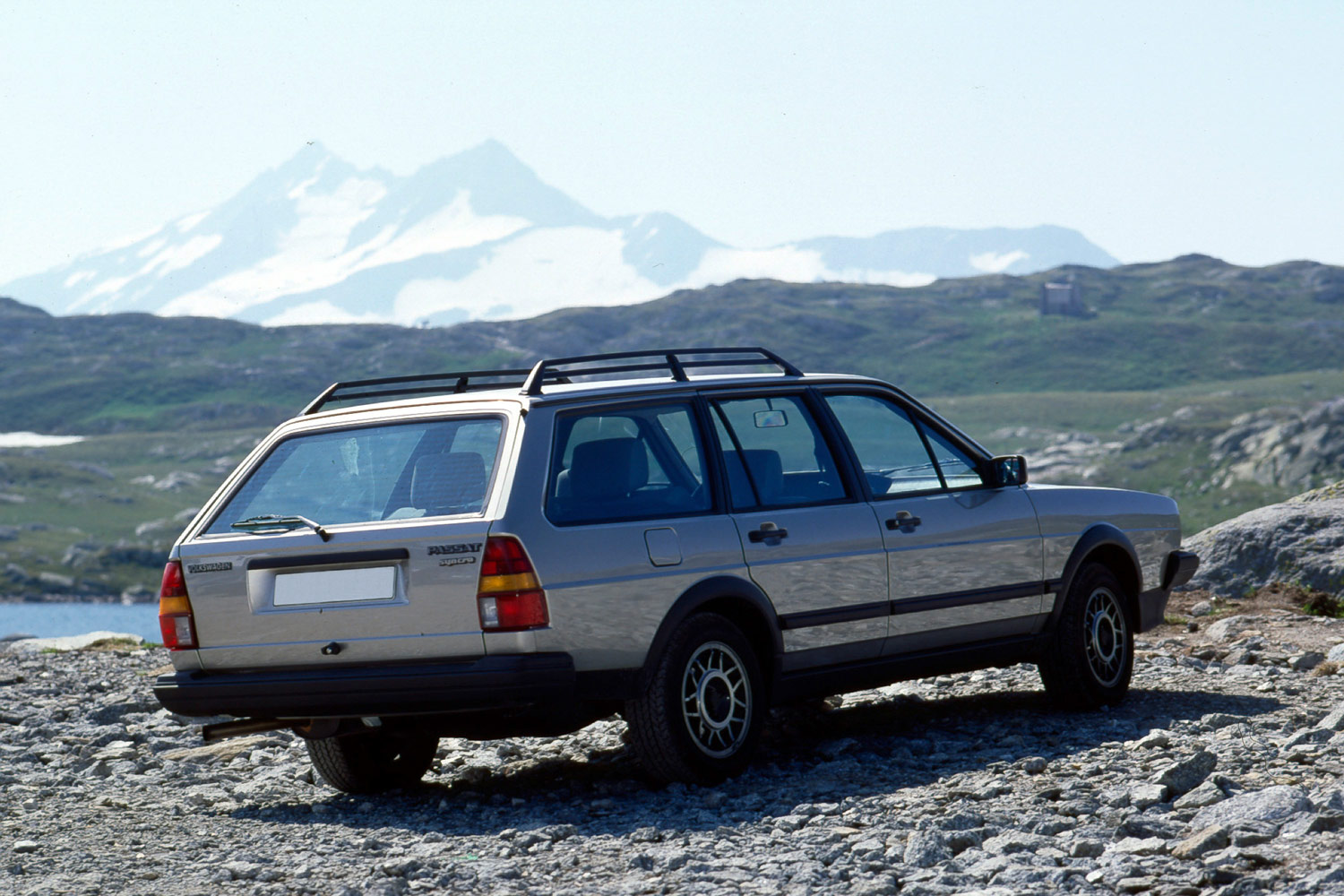 Volkswagen
Volkswagen
4Motion Is VW's All-Wheel-Drive System
Volkswagen's 4Motion AWD system traces its origin to the automaker's Bus-based prototype built in the 1970s. While the model wasn't approved for production, it paved the way for the Syncro system released in the '80s and, ultimately, the 4Motion technology offered on several Volkswagen models since 1996.
The system has gone through many evolutions since, but its name hasn't changed. Similarly, brands such as Audi, BMW, and Mercedes-Benz have used Quattro, xDrive, and 4Matic, respectively, for decades.
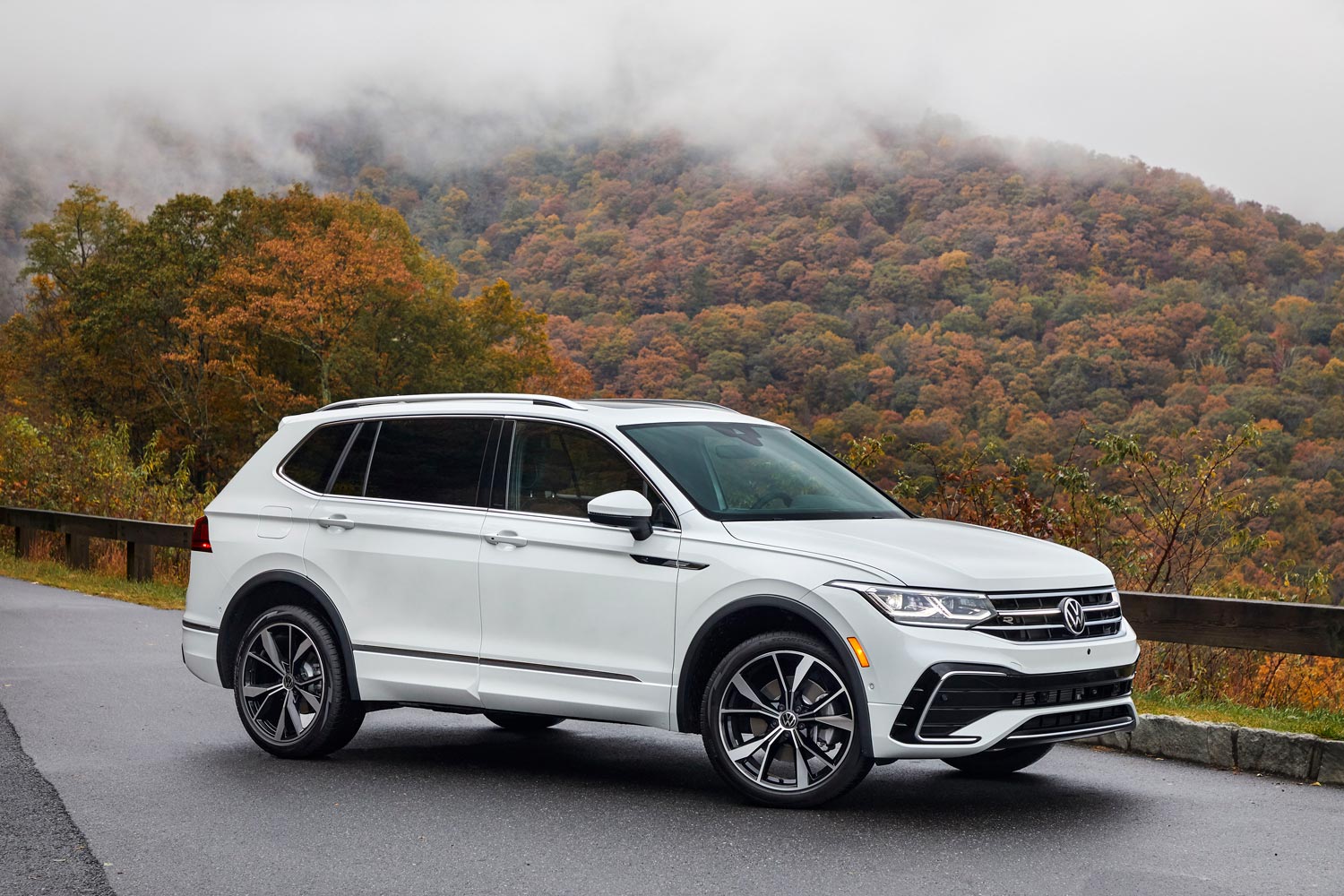 Volkswagen
Volkswagen
Volkswagen lumps several types of AWD systems under the 4Motion label. The brand's gasoline-powered cars use one type, which relies on a multiplate clutch to distribute the engine's power between the front and rear axles. The front wheels receive most of the engine's output in normal driving conditions, and power gets shifted to the rear if the car senses a loss of traction.
Keeping the rear axle disconnected when it's not needed helps improve efficiency, though AWD cars typically use more fuel than two-wheel-drive models due to the system's additional weight. The all-wheel-drive Tiguan returns 25 mpg, compared with 26 mpg for the front-wheel-drive model.
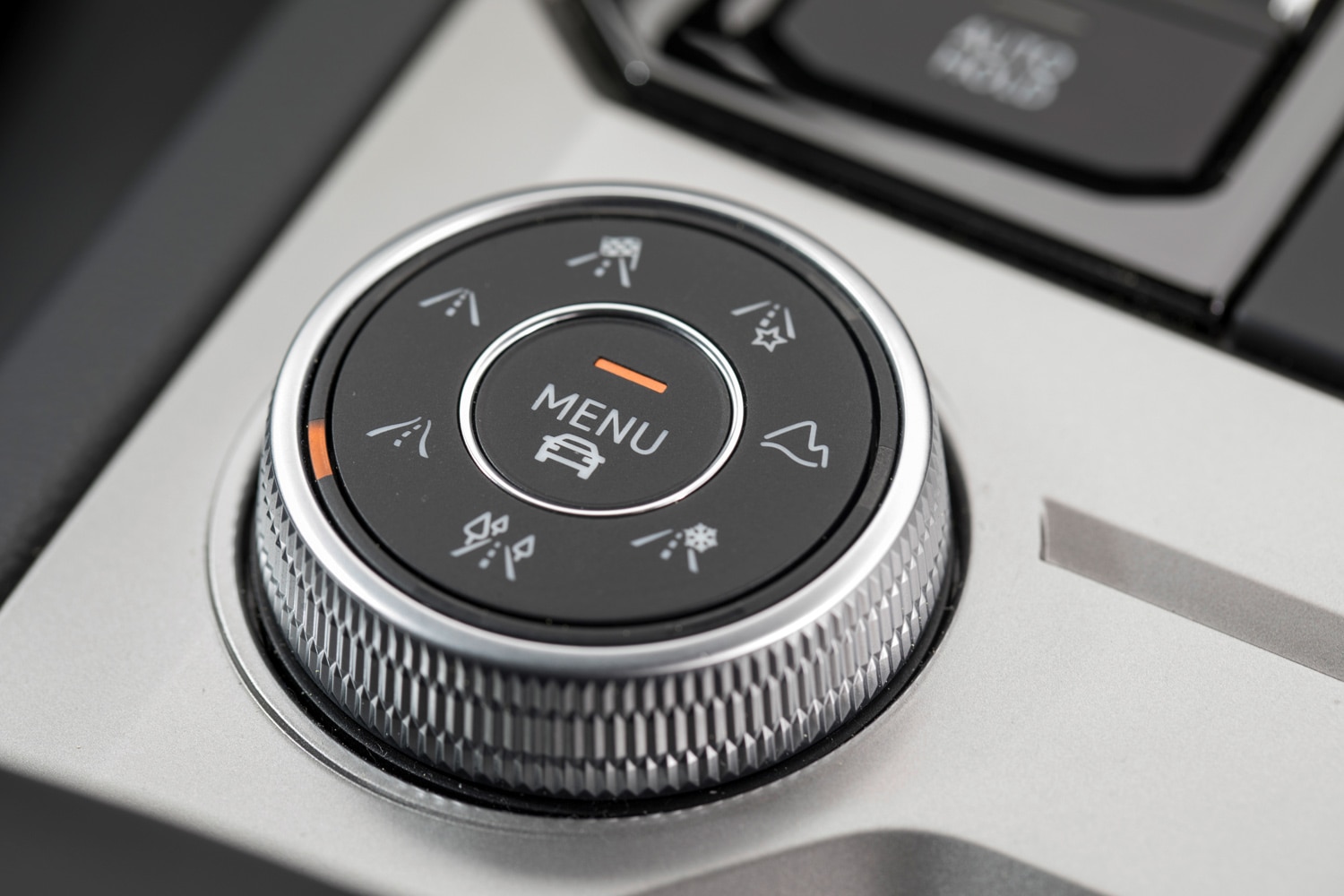 Volkswagen
Volkswagen
In the electric ID.4, 4Motion denotes a dual-motor drivetrain. Adding a motor to the front axle gives the crossover through-the-road AWD, so there's no mechanical connection between the front and rear wheels. The second motor increases horsepower at the expense of range. Volkswagen quotes up to 275 miles of driving range and 201 horsepower for the rear-wheel-drive model, and it lists 255 miles of driving range and 295 horsepower for the AWD version. Both use an 82-kWh battery pack.
Global-market models, such as the Touareg and the Amarok, use a heavier-duty evolution of 4Motion. Closely related to the Ford Ranger, the Amarok is notably available with a two-speed transfer case, which is helpful for off-roading.
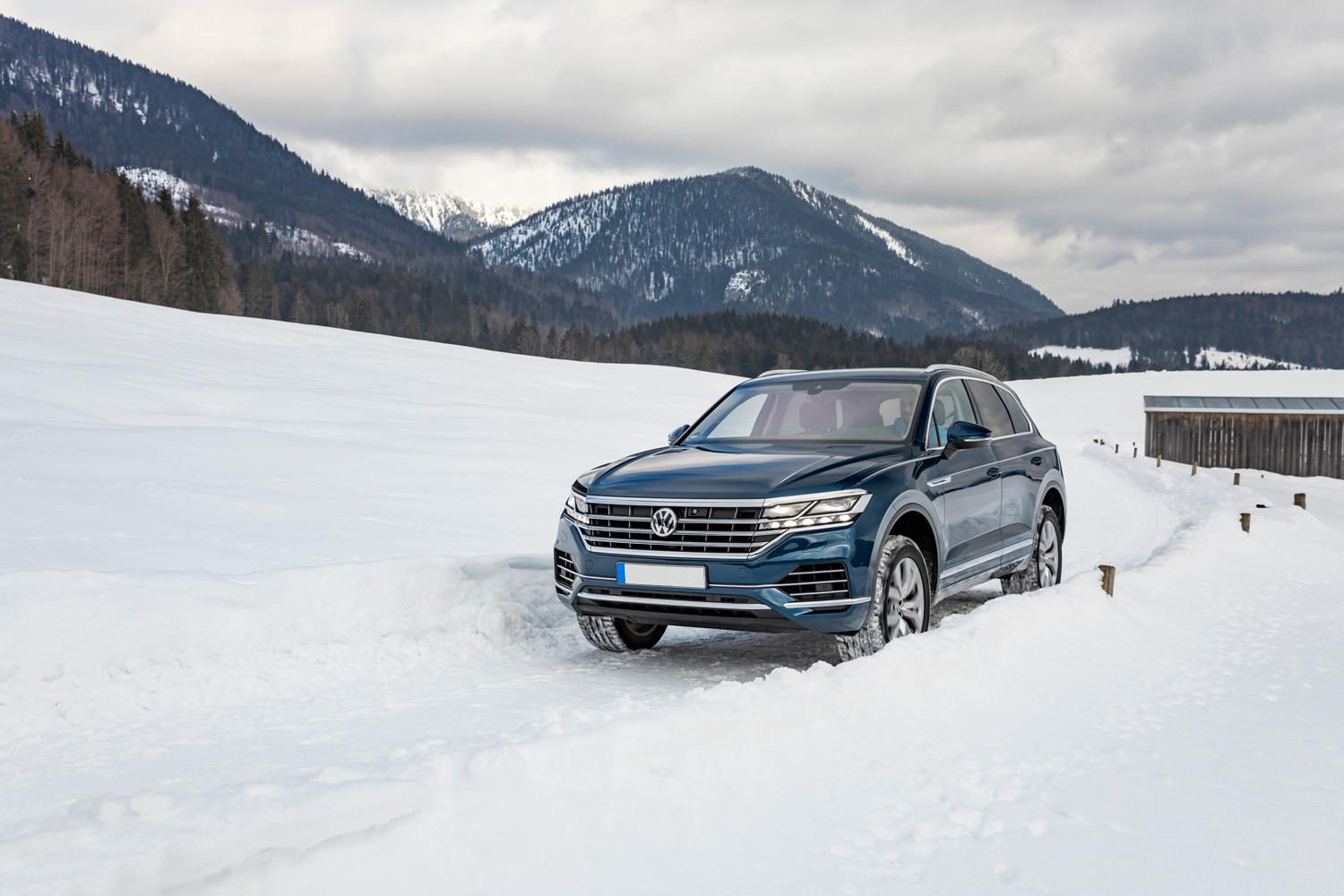 Volkswagen
Volkswagen
The Benefits of 4Motion
Sending power to all four wheels increases traction on slippery surfaces such as snow and gravel. All-wheel drive also helps reduce torque steer in performance applications.
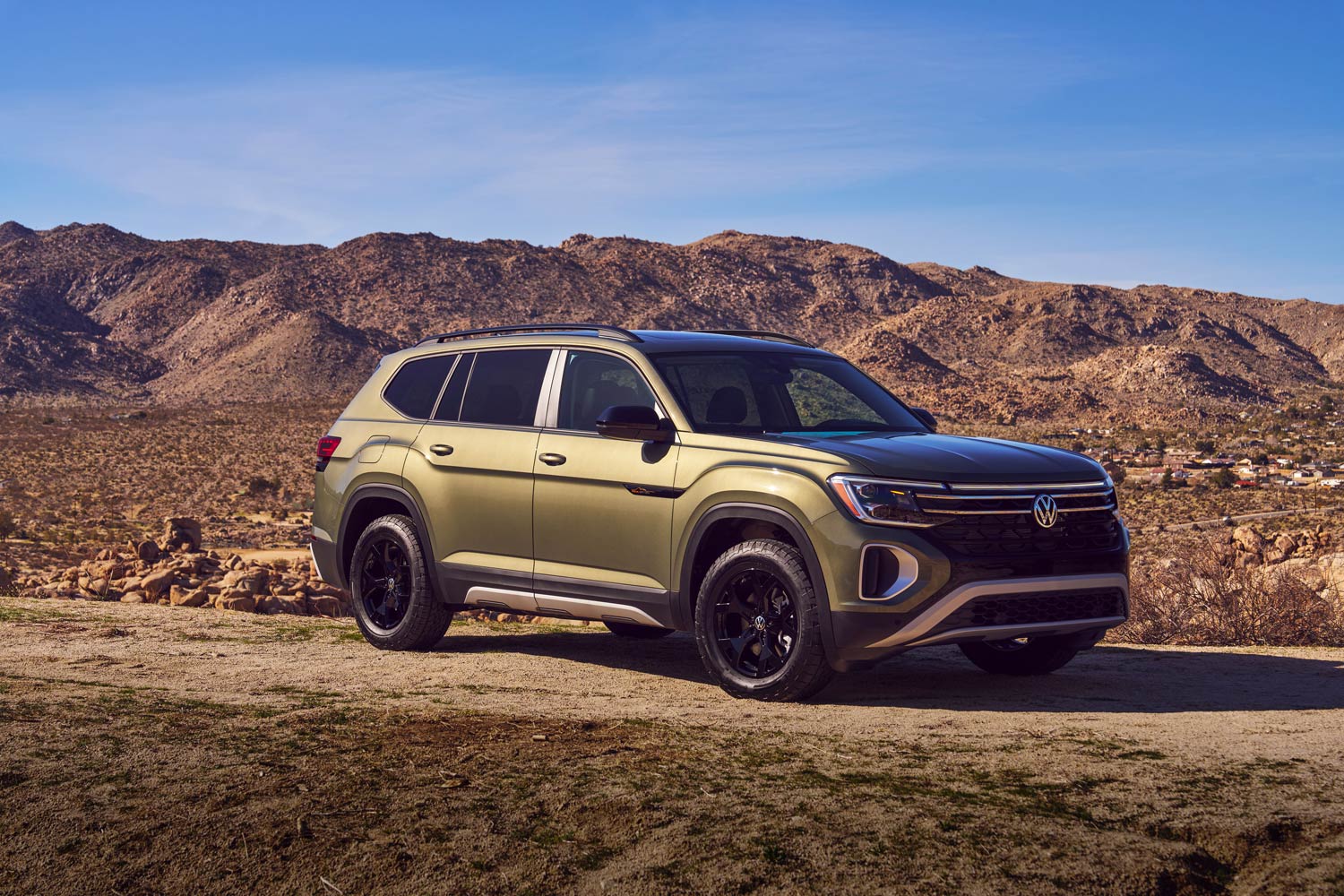 Volkswagen
Volkswagen
Cars That Offer 4Motion
Volkswagen offers 4Motion across its full line of crossovers and SUVs, ranging from the entry-level Taos to the three-row Atlas. Note that these models come standard with front-wheel drive, and buyers who want AWD need to pay extra for it. It's a $1,900 option on the Atlas and a $1,500 option on the Tiguan.
The ID.4 offers optional all-wheel drive as well, while the Golf R hot hatch and the Arteon sedan are all-wheel drive only. Front-wheel drive is the only layout available on the Jetta and the Golf GTI.
Written by humans.
Edited by humans.
 Ronan Glon
Ronan GlonRonan Glon is an American journalist and automotive historian based in France. He enjoys working on old cars and spending time outdoors seeking out his next project car.
Related articles
View more related articles